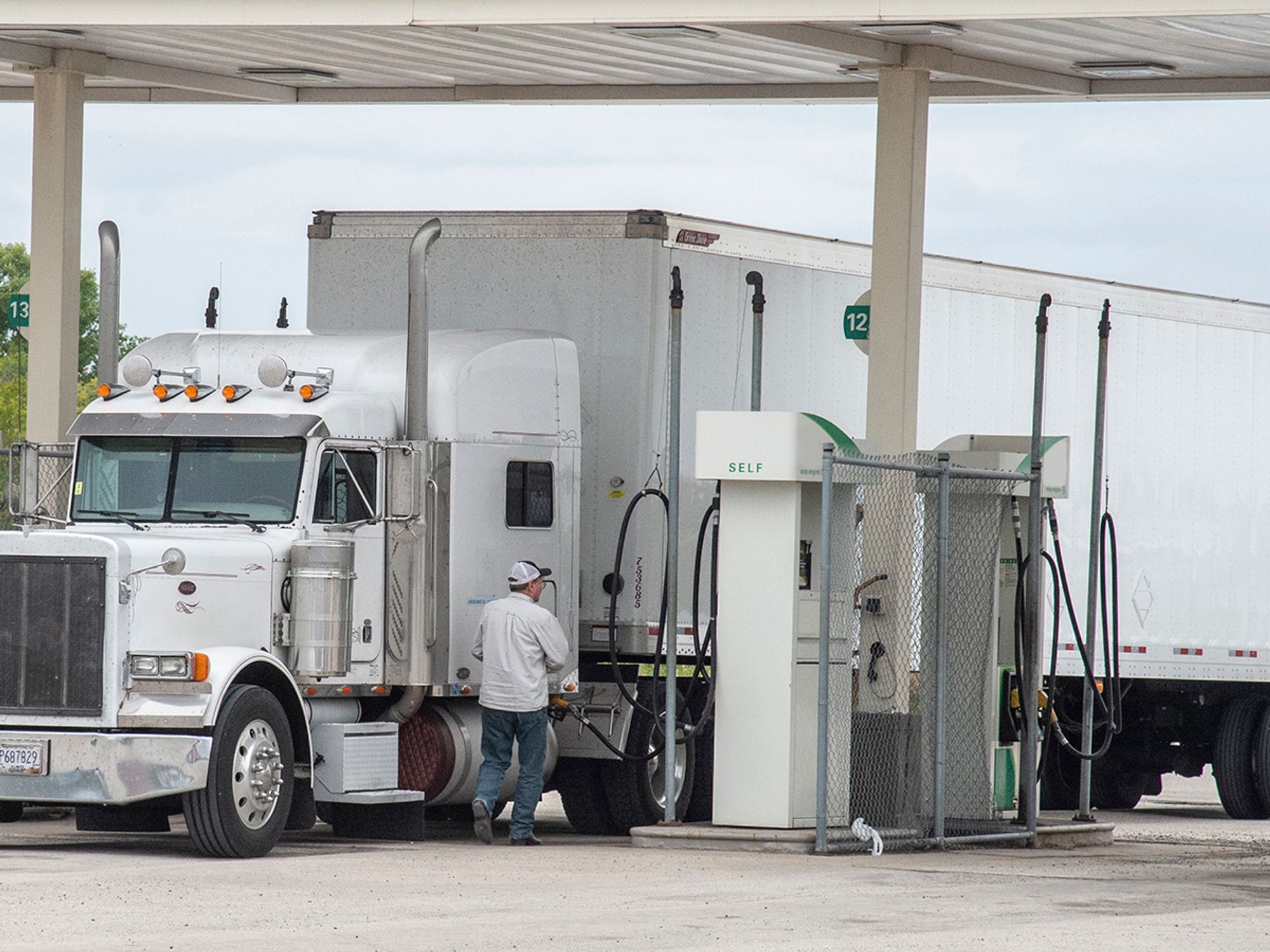Recordkeeping requirements: Fuel records

- IFTA licensees are required to maintain complete records of all motor fuel purchased, received, or used in the conduct of their business in case of an audit.
- To claim tax-paid fuel credit on the IFTA return, IFTA licensees must retain certain documents that contain specific information.
- If fuel is used in non-IFTA vehicles, it cannot be claimed as tax-paid fuel on the IFTA return.
Fuel records
International Fuel Tax Agreement (IFTA) licensees are required to maintain complete records of all motor fuel purchased, received, or used in the conduct of their business. On request, licensees are also required to produce these records for audit. The records must be adequate for the auditor to verify the total amount of fuel, by type, placed into the licensee’s qualified motor vehicles.
Retail fuel purchases and bulk fuel purchases must be accounted for separately.
In general, jurisdictions will not accept any fuel record that has been altered, indicates erasures, or is illegible for tax-paid credit unless the licensee can demonstrate that the record is valid.
Tax-paid retail fuel purchases
In order to claim tax-paid fuel credit on the IFTA return, IFTA licensees must retain:
- A receipt, invoice, or transaction listing from the seller;
- A credit card receipt;
- A transaction listing generated by a third party; or
- An electronic or digital record of an original receipt or invoice.
For tax-paid credit, a valid retail receipt, invoice, or transaction listing must contain:
Date of the fuel purchase;
Name and address of the seller of the fuel (a vendor code, properly identified, is acceptable for this purpose);
- Quantity of fuel purchased;
- Type of fuel purchased;
- Price of the fuel per gallon or per liter, or the total price of the fuel purchased;
- Identification of the qualified motor vehicle into which the fuel was placed; and
- Name of the purchaser of the fuel.
Bulk fuel
IFTA licensees must retain the following records for its bulk storage facilities:
- Receipts for all deliveries,
- Quarterly inventory reconciliations for each tank,
- The capacity of each tank, and
- Bulk withdrawal records for every bulk tank at each location.
In order to obtain tax-paid fuel credit on the IFTA return, IFTA licensees that maintain bulk storage must keep records that show that:
- The purchase price of the fuel delivered into the bulk storage includes tax paid to the member jurisdiction where the bulk storage is located, or
- The licensee has paid fuel tax to the member jurisdiction where the bulk storage is located.
IFTA licensees must keep the following records that contain the following elements for each withdrawal from its bulk storage facilities:
Location of the bulk storage from which the withdrawal was made,
- Date of withdrawal,
- Quantity of fuel withdrawn,
- Type of fuel withdrawn, and
- Identification of the vehicle or equipment into which the fuel was placed.
The recordkeeping and tank reconciliation is required for both IFTA recordkeeping purposes and the carrier’s protection. Consistently monitoring tank levels and performing tank reconciliations can help the carrier ensure that fuel is not being stolen from the tank.
Carriers may have other smaller non-IFTA vehicles that use fuel from the on-site bulk fuel tanks, such as pickup trucks or non-highway equipment. If this is the case, the carrier must be sure that withdrawal records clearly distinguish between qualified and non-qualified motor vehicles. If fuel is used in non-IFTA vehicles, it cannot be claimed as tax-paid fuel on the IFTA return.
